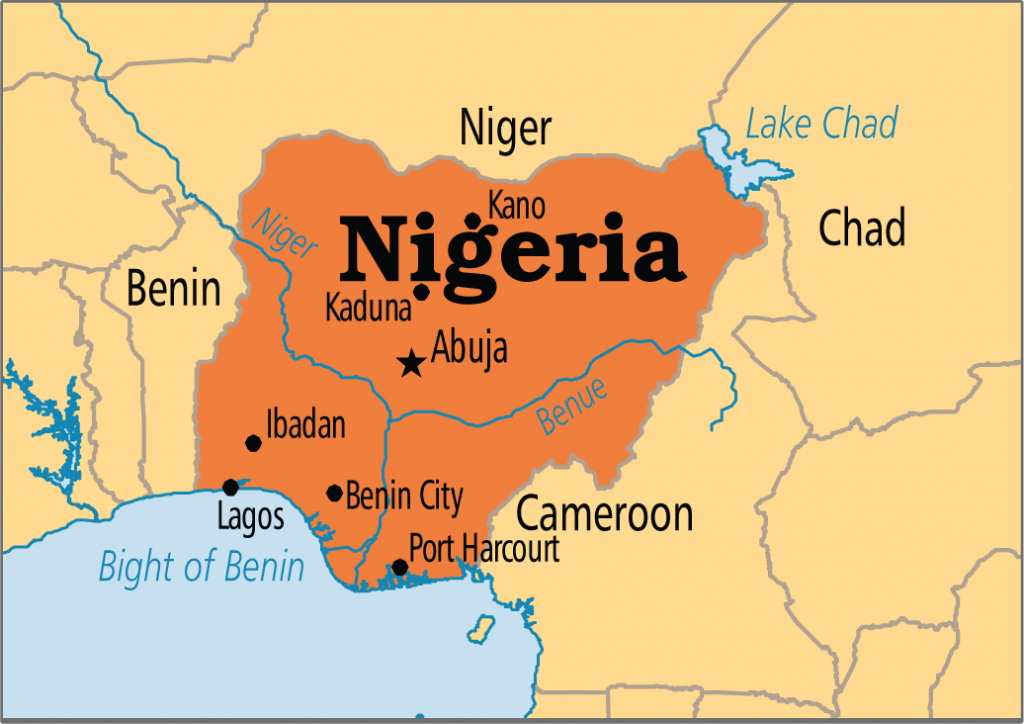
Mass defections turn Nigeria’s APC into minority party in Senate

Fifteen Nigerian senators quit the ruling All Progressives Congress party on Tuesday, making it a minority in parliament’s upper house and indicating worsening rifts in President Muhammadu Buhari’s political camp months ahead of an election.
Fourteen of the 15 lawmakers went to the opposition People’s Democratic Party (PDP), a letter read on the Senate floor stated. Another senator later left the ruling party while parliament was in session.
 The PDP, which was in power from the start of civilian rule in 1999 until Buhari took office in 2015, said in a tweet that 32 lawmakers in the lower house of parliament, the House of Representatives, had also defected from the APC.
The PDP, which was in power from the start of civilian rule in 1999 until Buhari took office in 2015, said in a tweet that 32 lawmakers in the lower house of parliament, the House of Representatives, had also defected from the APC.
The defections may make it harder for Buhari to push through his legislative agenda for the remainder of his first term, and follows the disclosure by a faction of Buhari’s ruling APC party this month that it no longer backs his government.
Deepening divisions threaten to split support for Buhari within powerful patronage networks and among voters ahead of a presidential poll scheduled for February 2019 that will decide who runs Africa’s top oil producer.
An APC spokesman declined to comment on the defections.
Relations between Buhari, lawmakers and some members of his own party have been strained for months with fissures emerging in public over the last few weeks, resulting in the APC split earlier this month and the latest defections.
Lawmakers in June issued a series of demands to Buhari including a call for an end to the “systematic harassment and humiliation by the executive of perceived political opponents.”
The president’s supporters have previously rejected the accusations leveled against the 75-year-old former military ruler. Buhari said in April that he would seek another term. His candidacy depends on party approval, though that is usually considered to be a formality for the incumbent.
Nigeria’s main opposition parties earlier this month agreed to form an alliance to field a joint candidate to contest next year’s presidential election.
Atiku Abubakar, a former Nigerian vice president who left the APC late last year, remains the most high profile figure to leave the party. Abubakar told Reuters in May that he hopes to be the PDP’s presidential candidate.






